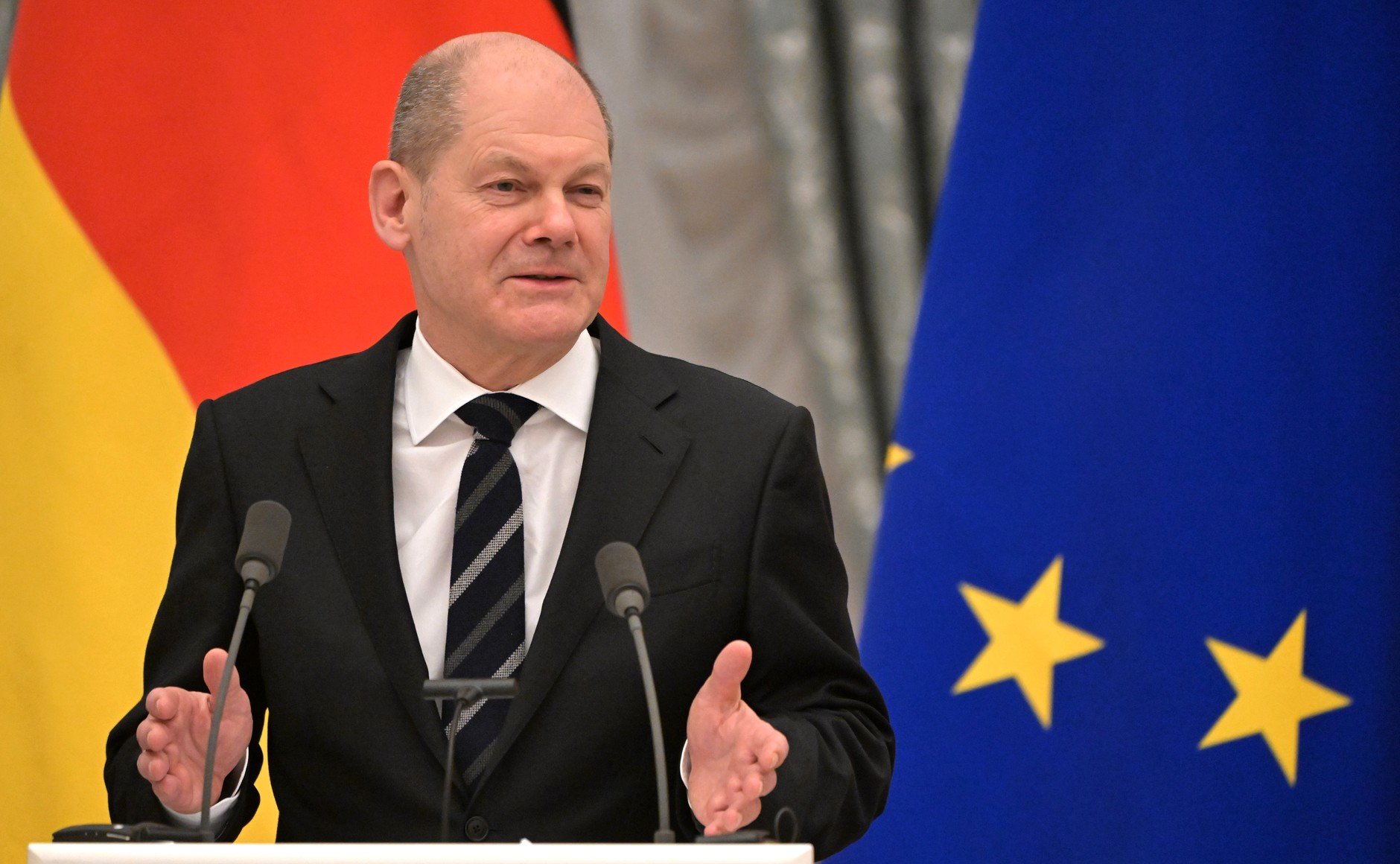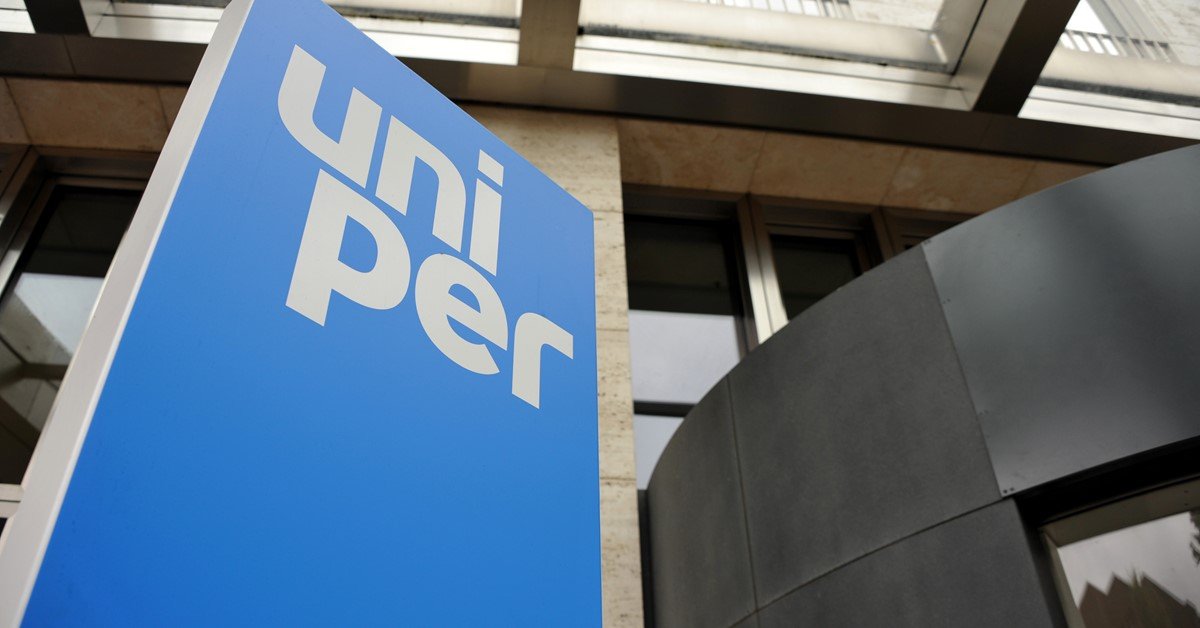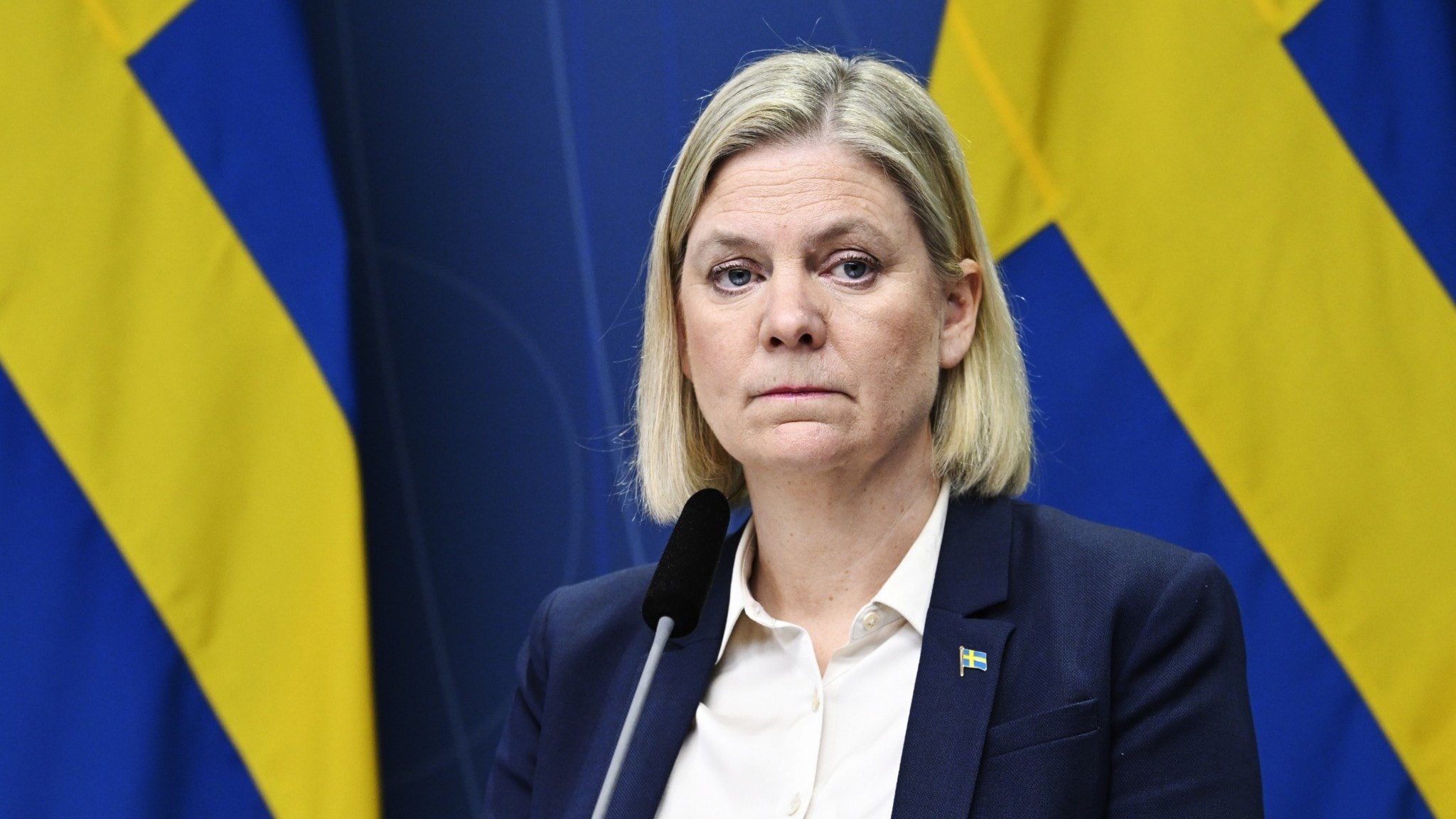PICTURED: Federal Chancellor of Germany Olaf Scholz at a news conference following Russian-German talks, February, 2022.
For Germans concerned about energy prices this winter, the consistency in the messaging of the new government is likely to be found as disconcerting.
On Thursday, Klaus Mueller, head of Germany’s network agency, said that Germans “increased their gas consumption too much last week,” adding that similar levels could lead to an “emergency”.
“We will hardly be able to avoid a gas emergency in winter without at least 20% savings in the private, commercial and industrial sectors,” Mueller said. “The situation can become very serious if we do not significantly reduce our gas consumption”.
This is merely 29 days after Chancellor Olaf Scholz announced that Germany was “now in a position in which we can go bravely and courageously into this winter, in which our country will withstand this”.
During the intervening 28 days, news began to demonstrate that bravery was indeed exactly what was needed, as large increases in prices began to arrive at German homes and German industry, such as baking, glassmaking, and the operation of greenhouses.
Despite this, Mueller found that gas consumption by homes and small businesses had increased by around 10% in the first week of October 2022 compared to the same period in 2018 through 2021.
Mixed signals
A recently-announced plan by the Scholtz government to protect consumers from these large prices is likely to be a source of mixed signals, both domestically and internationally.
The €200 billion gas price brake was discussed during a meeting of EU finance ministers in Luxembourg, with some pointing out the obvious fact that if government intervention in the market of a dear commodity pushes the price down, the price will naturally increase elsewhere.
Considering that Germany is Europe’s largest economy and their gas price brake has been the largest of many similar plans that have been announced across the continent, finance ministries are irritated that Germany acted alone, and some consider that she is protecting herself to the detriment of other member states.
“If we want to avoid fragmentation, if we want to face this crisis, I think we need a higher level of solidarity, and we need to put in place some further common tools,” EU Economy Commissioner Paolo Gentiloni said at the meeting.
Poland’s prime minister simply said “German selfishness must be put away in the cupboard”.
Luxembourg also warned about capping energy prices across the bloc, warning it could simply drive away all the other suppliers the EU are now seriously dependent on, such as Algeria or Azerbaijan.
There’s an old saying in economics that the only cure for high prices are high prices, and the EU must be careful not only to disincentivize outside producers, but also not to encourage too strongly the use of limited resources during during scare times—in other words not to try and legislate artificial abundance. WaL
Continue exploring this topic — Energy — Germany Fully-Nationalizes Gas Company Amidst Half a Trillion in EU Spending on Energy
Continue exploring this topic — Energy — How Is Europe Preparing For Gas Shortages?


